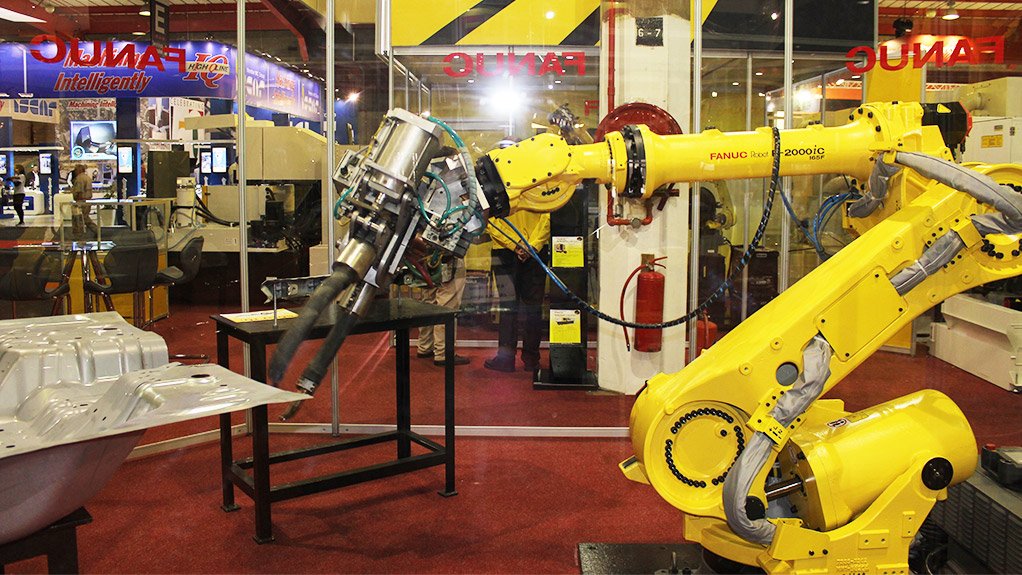Although machine tools are the backbone of most industries, their market volume has decreased by 30% a year in the past three years, reflecting the state of the manufacturing sector, says Machine Tool Merchants Association (MTMA) chairperson Paul Savides.
“It seems as if we are already 20% down year-on-year; the knock-on effect on the economy, particularly in terms of employment, is devastating.”
However, he notes that MTMA members are up to the challenge of facing the increasing demands on the resources of companies despite the decline. Although the association and its members are looking at ways to mitigate this challenge, the real concern is whether government can tackle the issues preventing economic growth.
“It is a manufacturer’s function to produce good-quality, low-cost and affordable products but equally, it is government’s job to guarantee a public service that uses taxpayers’ money responsibly by ensuring an affordable infrastructure of constant exchange rates, power supply and labour, as well as transport systems that work.”
Savides indicates that the manufacturing sector, if funded correctly, can be the biggest advantage for the country. “MTMA is ready to accept the challenge and use its suppliers’ vast knowledge and experience in manufacturing to develop South Africa’s position globally.”
At the heart of the manufacturing industry is the Fourth Industrial Revolution that is becoming a trend, he points out. “We are pleased that there is a national strategy to address this revolution, which encompasses initiatives that will align us with advanced, developed economies.”
For example, the National Tooling Initiative is a R9-billion programme undertaken by the Department of Trade and Industry to rehabilitate and develop the South African tool-, die-, and mouldmaking industries, Savides adds.
During last year’s Machine Tools Africa exhibition, hosted by the MTMA, at the Nasrec conference centre in Johannesburg, artificial intelligence (AI), machine learning and robotics played a significant role.
“Task-reducing technologies, such as AI, are at the forefront in our industry and what is seen as disruptive technology, or out-of-the-box thinking, is now an industry norm, with Industry 4.0 being the current trend of automation and data exchange between manufacturing stages and technologies that significantly improves productivity,” Savides explains.
Moreover, he notes that the future of manufacturing lies in the association and its members’ ability to adapt to the fast-changing world. Therefore, interaction, specialised knowledge and compliance, as well as representivity, are important pillars to assist the association in driving its objectives.
Edited by: Zandile Mavuso
Creamer Media Senior Deputy Editor: Features
EMAIL THIS ARTICLE SAVE THIS ARTICLE
ARTICLE ENQUIRY
To subscribe email subscriptions@creamermedia.co.za or click here
To advertise email advertising@creamermedia.co.za or click here













